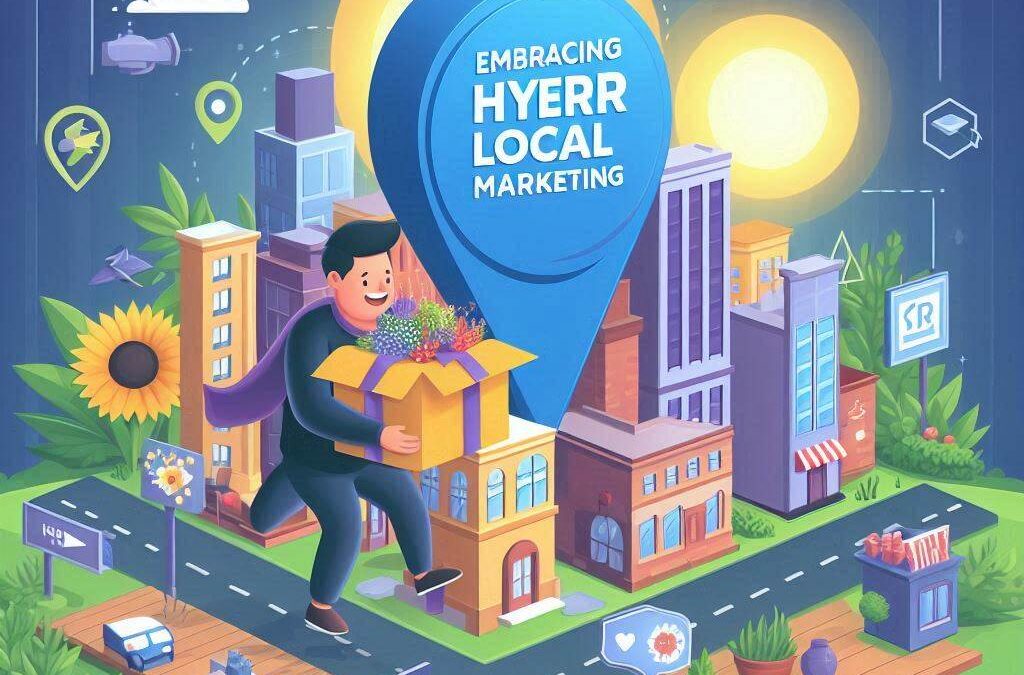Embracing Hyper Local Marketing: A Solution for Small Businesses
In the competitive landscape of small business marketing, challenges like limited resources, difficulty in targeting, and competition with larger enterprises often loom large. However, there’s a strategic approach that can effectively address these issues: hyper-local marketing.
Understanding Hyper-Local Marketing
Hyperlocal marketing targets a specific, localized audience rather than a broad demographic. This approach leverages the close-knit nature of communities to create targeted campaigns that resonate deeply with local consumers.
Key Benefits of Hyper-Local Marketing
- Cost-effectiveness: Small businesses can maximize their marketing budgets by focusing expenditures on reaching potential customers within their immediate vicinity.
- Targeting Precision: Unlike broader campaigns, hyper-local strategies allow businesses to pinpoint their ideal customer base geographically, increasing the relevance and impact of their marketing efforts.
- Competitive Edge: Compared to larger competitors with substantial marketing budgets, hyperlocal marketing enables small businesses to establish a strong presence in their local community, where bigger players may not have as strong a foothold.
- Measurable ROI: By concentrating efforts on a specific geographic area, small businesses can more accurately measure the return on investment of their marketing activities, providing clearer insights into what works and what doesn’t.
- Building Local Relationships: Hyperlocal marketing fosters community engagement and trust, which are essential for cultivating long-term customer loyalty and brand advocacy within the local market.
Implementing Hyper Local Strategies
To effectively execute hyper-local marketing:
- Optimize Local SEO: Ensure your business appears in local search results by optimizing Google My Business listings and using location-specific keywords.
- Utilize Local Content: Create content that resonates with your community by speaking directly to local interests, events, and issues.
- Engage in Community Events: Sponsor or participate in local events, fairs, or fundraisers to raise visibility and build relationships.
- Collaborate with Local Partners: Forge alliances with other local businesses or influencers to extend your reach and credibility within the community.
Conclusion
In today’s dynamic market environment, small businesses can overcome their marketing challenges by embracing hyper-local strategies. By focusing on their immediate surroundings, businesses can leverage their local advantage to effectively connect with customers, build a loyal base, and achieve sustainable growth.
By adopting hyperlocal marketing, small businesses optimize their resources, relevance, and impact within their local community, paving the way for long-term success in a competitive market landscape.
Follow us on LinkedIn – Build, Grow, Convert.

With over twenty years of experience, we’ve made a lot of mistakes, so you don’t have to. Leverage that knowledge to BUILD your business, GROW your brand awareness or thought leadership, and ultimately CONVERT followers into paying customers.


